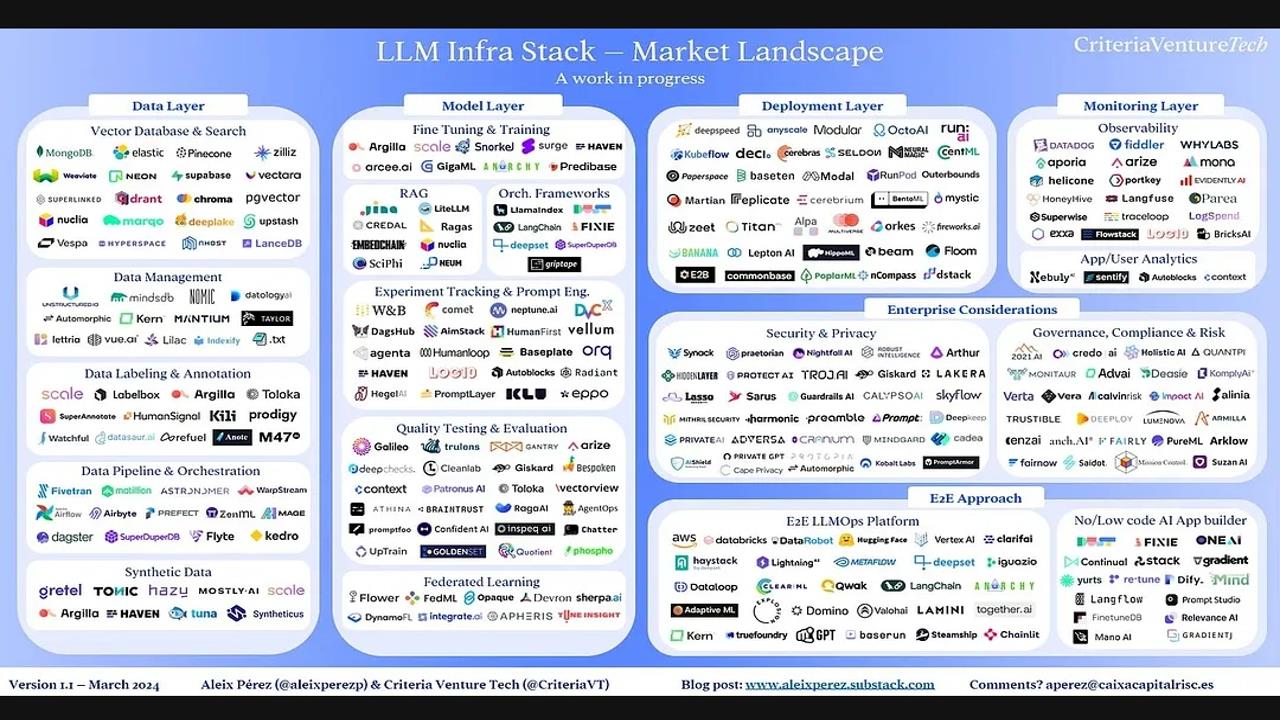Video:
Take our online poll:
AI Analysis:
In recent years, the artificial intelligence (AI) market has witnessed an unprecedented influx of new companies and startups, all vying to capitalize on the technology's transformative potential. This surge has sparked a heated debate among industry experts and investors alike: is AI a bubble poised to burst, or is it a genuinely expansive sector with sustained growth prospects? To answer this, one must examine both the signs of speculative bubbles and the foundational elements driving AI's growth.
On one hand, there are indicators that the AI market could be experiencing bubble-like conditions. The sheer number of AI startups and the level of investment pouring into them often surpass the actual revenue and practical application these companies can currently deliver. High valuations, coupled with the rush to invest in anything labeled "AI," mirror the dot-com bubble of the late 1990s. Additionally, some AI applications have been overhyped, leading to inflated expectations and potential market disillusionment when these technologies fail to deliver immediate results.
Conversely, the argument for AI as a genuinely growing and substantial sector is compelling. Unlike the dot-com era, AI has already demonstrated tangible impacts across various industries. From healthcare and finance to transportation and manufacturing, AI-driven solutions are enhancing efficiency, reducing costs, and creating new business models. The advancements in machine learning, natural language processing, and computer vision have led to practical applications that are reshaping entire industries. Moreover, the ongoing integration of AI into existing technologies suggests a long-term, sustainable growth trajectory.
Furthermore, the global push towards digital transformation and the increasing availability of big data are fueling AI's expansion. Governments and corporations worldwide are investing heavily in AI research and infrastructure, recognizing its potential to drive innovation and economic growth. The widespread adoption of AI technologies in daily operations and strategic initiatives underscores the belief that AI is not just a passing trend but a fundamental shift in how businesses and societies operate.
In conclusion, while there are elements of speculation in the AI market reminiscent of past bubbles, the substantial and growing impact of AI across various sectors suggests a more nuanced reality. The potential for AI to revolutionize industries and drive long-term economic growth appears robust, supported by tangible advancements and widespread adoption. Therefore, while caution is warranted to avoid speculative pitfalls, the AI market's foundational strength indicates that its growth is both real and likely to continue.
Chart:

References:


Comments